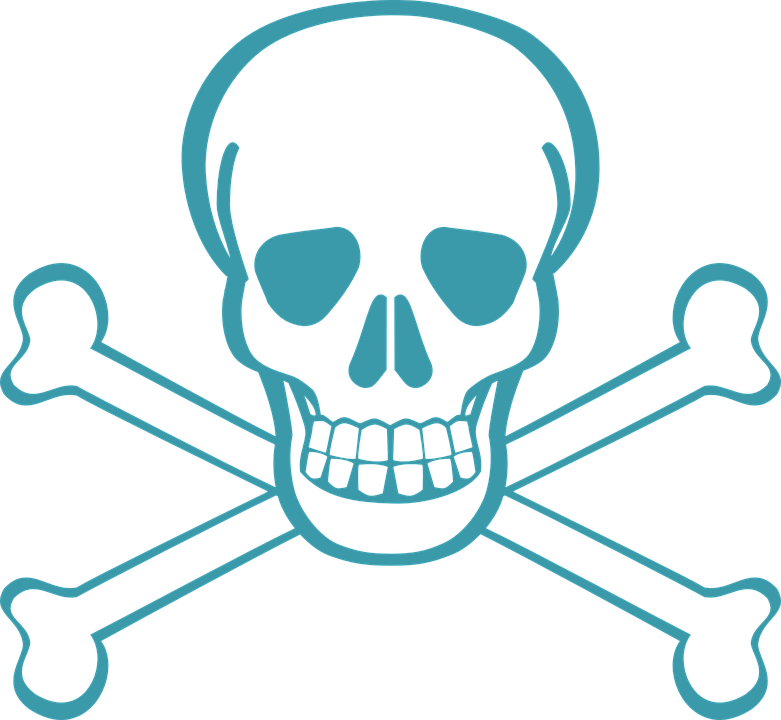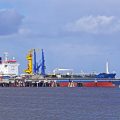DE FAAKTO OUTBREAK INTELLIGENCE
SITUATION-EBOLA DEMOCRATIC REPUBLIC CONGO
BACKGROUND–EBOLA IN DEMOCRATIC REPUBLIC CONGO DECLARED PUBLIC HEALTH EMERGENCY OF INTERNATIONAL CONCERN
From the World Health Organization,
WHO Director-General Dr. Tedros Adhanom Ghebreyesus today declared the Ebola virus disease (EVD) outbreak in the Democratic Republic of the Congo (DRC) a Public Health Emergency of International Concern
Dr. Tedros states,
- It is time for the world to take notice and redouble our efforts
- We need to work together in solidarity with the DRC to end this outbreak and build a better health system
- Extraordinary work has been done for almost a year under the most difficult circumstances
- We all owe it to these responders — coming from not just WHO but also government, partners and communities — to shoulder more of the burden
- The declaration followed a meeting of the International Health Regulations Emergency Committee for EVD in the DRC
- The Committee cited recent developments in the outbreak in making its recommendation, including the first confirmed case in Goma, a city of almost two million people on the border with Rwanda, and the gateway to the rest of DRC and the world
- Since Ebola it was declared almost a year ago the outbreak has been classified as a level 3 emergency – the most serious – by WHO, triggering the highest level of mobilization from WHO
- The UN has also recognized the seriousness of the emergency by activating the Humanitarian System-wide Scale-Up to support the Ebola response
De Faakto intelligence forecast on 12 October 2018, noted the security situation would directly impact the response of authorities and the procedures required to counter the Ebola Virus. Inadequate infection control continues to be a challenge. Key mitigation strategies include, improved security, surveillance, screening and infection control.
Without implementation of these strategies and quality assurance the risk of transmission to other immediate regions remains high.
About Ebola
- Ebola virus disease (EVD), formerly known as Ebola haemorrhagic fever, is a severe, often fatal illness in humans
- The virus is transmitted to people from wild animals and spreads in the human population through human-to-human transmission
- The average EVD case fatality rate is around 50%. Case fatality rates have varied from 25% to 90% in past outbreaks
- The first EVD outbreaks occurred in remote villages in Central Africa, near tropical rainforests. The 2014–2016 outbreak in West Africa involved major urban areas as well as rural ones
- Community engagement is key to successfully controlling outbreaks. Good outbreak control relies on applying a package of interventions, namely case management, infection prevention and control practices, surveillance and contact tracing, a good laboratory service, safe and dignified burials and social mobilization
- Early supportive care with re-hydration, symptomatic treatment improves survival. There is as yet no licensed treatment proven to neutralize the virus but a range of blood, immunological and drug therapies are under development (WHO)






